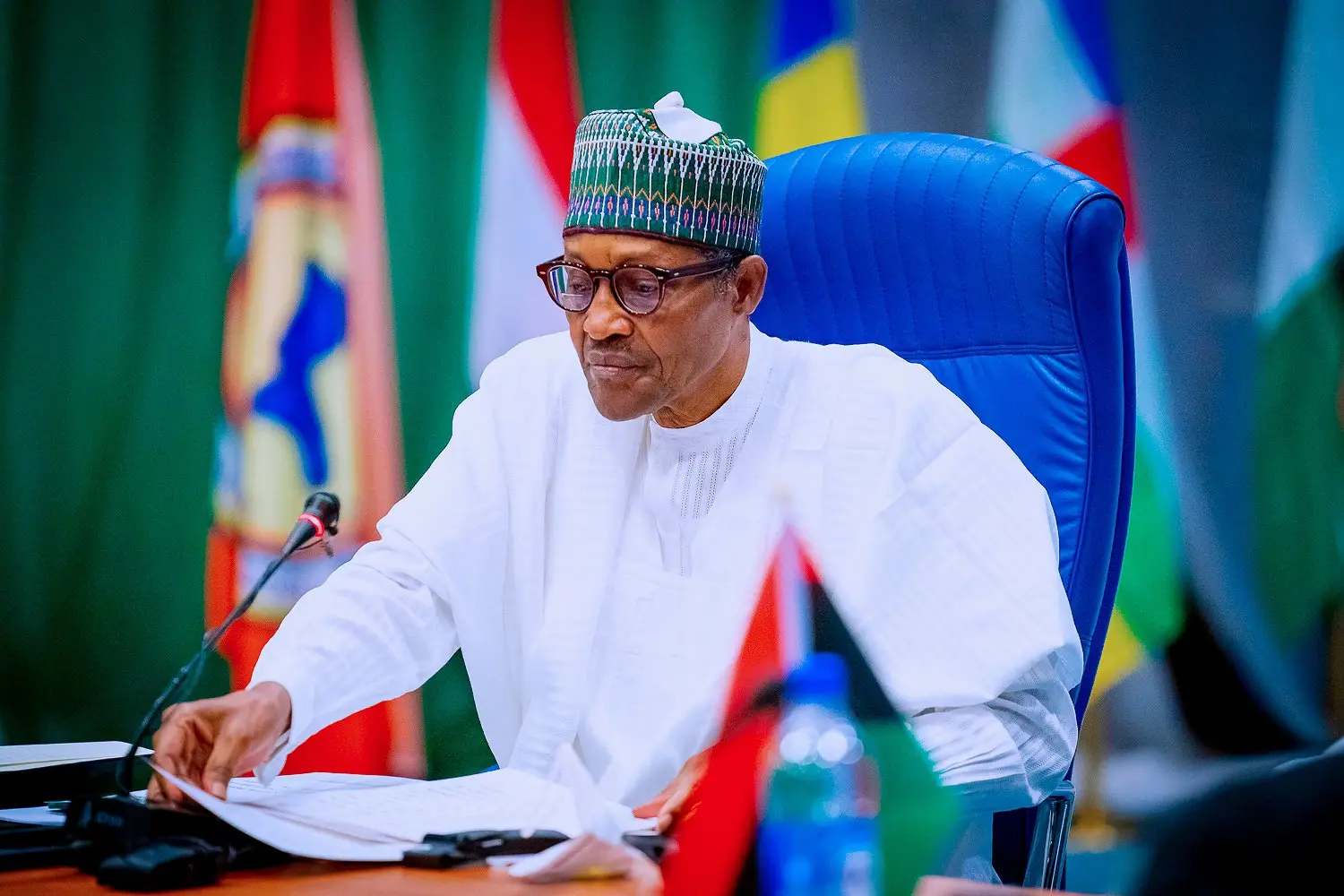President Muhammadu Buhari plans to spend N1.96 billion on new vehicles for the Presidential Villa, despite a worsening economic crisis and cash shortage that has led the government to concede it owes contractors about one trillion naira.
Tijjani Umar, the State House’s permanent secretary, stated that next year’s elections would entail frequent travel, necessitating the replacement of the presidential vehicles. The electoral law of Nigeria prevents parties from exploiting the state apparatus to their benefit.
Mr. Umar stated on Thursday while defending the budget estimates for next year before the Senate Committee on Federal Character and Intergovernmental Affairs, that it is time to replace the Presidential Villa’s fleet of vehicles.
Mr. Umar stated “This has resulted in frequent breakdowns and an unsustainable expenditure on repairs/replacements of parts,”
Mr. Umar stated the enormous cost as necessary to purchase “functioning cars,” some of which are “quite expensive.” He stated that some of these vehicles will be used for trips as the election season approached.
Read Also: 2023 Election: APC fires at Atiku over recent foreign trips to Paris, Washington DC, and Dubai
Mr. Umar is nonetheless concerned that the N1.96 billion “would still be insufficient to address existing needs,” stating that the administration was sufficiently conservative despite allocating such a massive amount for automobiles in the midst of a developing economic crisis.
“2023 is an election year which entails frequent travels with associated costs as well as the replacement of vehicles by the incoming administration,” he stated.
The N1.9 billion budgeted for vehicle replacements at Aso Rock is included in the State House budget plan for 2023. Several heads of ministries and organizations, including Mr. Umar, have decried the draconian budget cuts imposed by the scrutinizing national assembly committee in 2023.
Mr. Umar had claimed that the 2023 budget plan of N21,100,000,000 is 19.01 percent less than the 2022 budget of N40,100,000,000. In addition, he stated that commitments to State House facilities will consume 65% of the overall appropriation, noting that N7.20 billion has been proposed for the year 2023 compared to N7.76 billion in 2022.
However, the administration led by Buhari proposes to spend about two billion naira to replace the Aso Rock vehicles at a time when Nigerians are complaining about the growing cost of living and economic hardship.
The Nigeria Employers’ Consultative Association (NECA) warned earlier this year that Nigeria’s economy was on the verge of collapse. The union highlighted that increasing inflation, rising energy costs, and the depreciating value of the naira against foreign currencies were damaging the economy.
The association’s Director-General, Wale Oyerinde, stated that the economy was collapsing owing to Nigeria’s inadequate aviation sector, lagging education system, rising debt, dwindling foreign reserves, and escalating fuel subsidy costs.
In August, the Minister of Labor and Employment, Chris Ngige, admitted that Nigeria was bankrupt, adding that the government lacks funds to implement capital projects in the upcoming year.
“As you can see, the dollar that has been hovering around N500 and N600 is now above N700,” he said. “The truth is that there is no money anywhere. The money that the FAAC (Federation Account Allocation Committee) has been sharing is money from taxes, customs, and other revenue-generating agencies.”

















